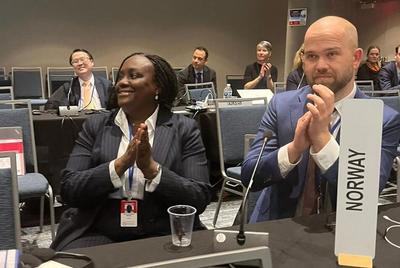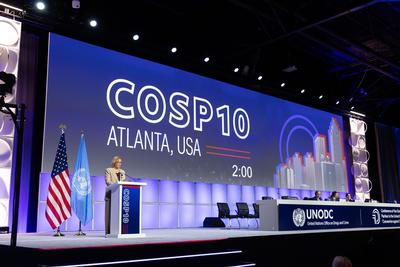Fiscal corruption: A vice or a virtue?
Recent literature on tax administration in poor countries suggests that inducing more fiscal corruption may contribute to reducing tax evasion and increasing tax revenues. But does such an intriguing paradox justify policies that stimulate corruption? Our answer is no, and this note puts forward three arguments to support our view. First, while corruption may raise revenues in the short run, in general the opposite will be the case in the longer run. Second, the instrumental value of reducing corruption goes far beyond its effects on tax evasion and tax revenues. Accepting corruption as a policy strategy to increase tax revenues may undermine values of democracy and good governance. Third, eliminating corruption should be considered an end in itself. Thus, contrary to recent suggestions on incentive reforms in tax administration, the reasonable starting point for policy debates in this area should still be that an increase in fiscal corruption is not an appropriate instrument to raising tax revenues. Sustained development cannot grow from an institutional framework that fosters corruption and extra-legal tax enforcement.




